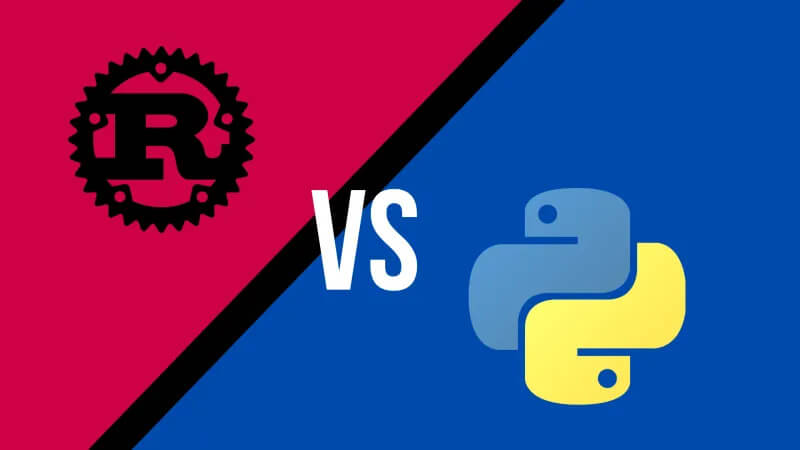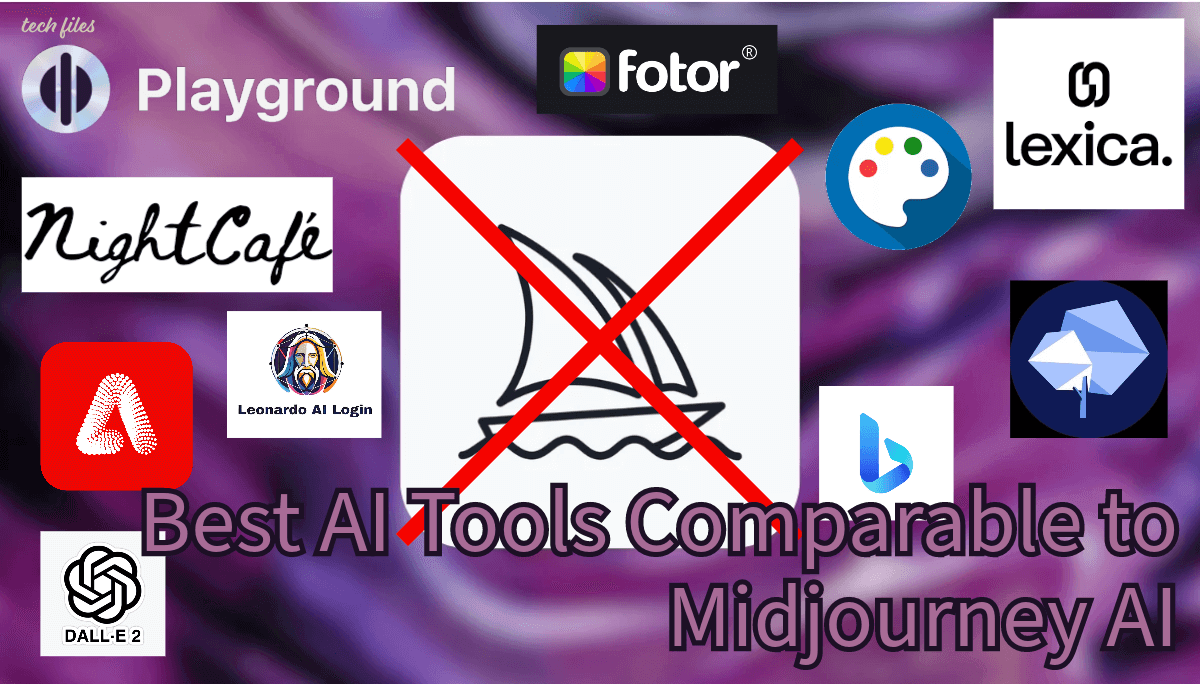Top 5 Versatile Programming Languages for Hacking in 2023

In the world of hacking, programming languages play a crucial role in executing various exploits and developing powerful tools. Whether it’s for web development, data analysis, or building software for embedded systems, choosing the right programming language is essential. In this article, we will explore the top five versatile programming languages for hacking in 2023.
Python: The Swiss Army Knife of Hacking
Python is a general-purpose programming language that has gained immense popularity among hackers. Known for its simplicity and readability, Python is extensively used for exploit writing and penetration testing. Its vast collection of libraries and frameworks makes it a go-to choice for hackers engaged in various hacking activities.
Python’s versatility extends beyond hacking, as it is also widely used for web development, data analysis, and artificial intelligence. The language’s ease of use and extensive community support make it a preferred choice for both beginners and experienced hackers. With Python, hackers can efficiently develop tools, automate tasks, and execute complex hacking techniques.
Java: Powering the Hacking Ecosystem
Java is another widely used programming language in the hacking community. Although primarily known for its role in developing web applications and mobile apps, Java also finds its place in the realm of hacking. Its platform independence and strong security features make it an ideal choice for developing hacking tools and exploits.
In addition to web and mobile app development, Java is also used for building software for embedded systems and gaming consoles. Its object-oriented nature and robust libraries enable hackers to create powerful and scalable hacking solutions. Java’s extensive documentation and vast community support make it a valuable asset in the hacking ecosystem.
Ruby: A Dynamic Language for Hacking
Ruby is a dynamic, open-source programming language that has gained popularity in the hacking community. With its elegant syntax and focus on simplicity, Ruby is utilized for web development, data analysis, and automation. Its versatility extends to the hacking domain, where it is employed to develop web applications and build software for embedded systems.
Ruby’s flexibility and expressiveness make it an excellent choice for hackers looking to develop quick and efficient hacking tools. The language’s extensive collection of libraries, known as gems, provides hackers with a wide range of options when it comes to building powerful hacking solutions. From vulnerability scanning to exploit development, Ruby has proven its worth in the hacking world.
JavaScript: A Powerful Language for Web Exploitation
JavaScript, often referred to as the language of the web, is a popular choice for hackers engaged in web exploitation. With its ability to manipulate web elements and interact with browsers, JavaScript allows hackers to execute sophisticated attacks and bypass security measures. Its versatility extends beyond web development, as it also finds application in building software for embedded systems and gaming consoles.
Hackers proficient in JavaScript can leverage its capabilities to develop cross-site scripting (XSS) exploits, perform code injection attacks, and conduct various other web-based attacks. JavaScript’s widespread usage and extensive community support make it an important language in the hacking toolkit.
C/C++: Unleashing the Power of Low-Level Programming
C and C++ are powerful programming languages that are heavily utilized in the world of hacking. While these languages may not be as beginner-friendly as Python or JavaScript, they offer hackers unparalleled control over system resources and low-level operations. This makes C/C++ ideal for developing operating systems, system software, and embedded systems.
Hackers proficient in C/C++ can exploit vulnerabilities at the deepest levels, bypassing security mechanisms and executing complex attacks. Additionally, C/C++ is used for developing software for gaming consoles and mobile devices, providing hackers with the ability to target a wide range of systems.
It is important to note that the choice of programming language for hacking depends on various factors, including the type of system being targeted and the hacker’s strategy. While these five programming languages have proven their worth in the hacking community, it is recommended that hackers be familiar with multiple languages to adapt to different scenarios and exploit various vulnerabilities effectively.
Conclusion
Python, Java, Ruby, JavaScript, and C/C++ are the top versatile programming languages for hacking in 2023. Each language brings its own strengths and capabilities to the table, empowering hackers to develop powerful tools and execute sophisticated exploits. By mastering these languages, hackers can stay ahead of the game and navigate the complex world of hacking with confidence.
“The best hackers are those who understand multiple programming languages and can adapt to any situation.”













Sharing is caring!